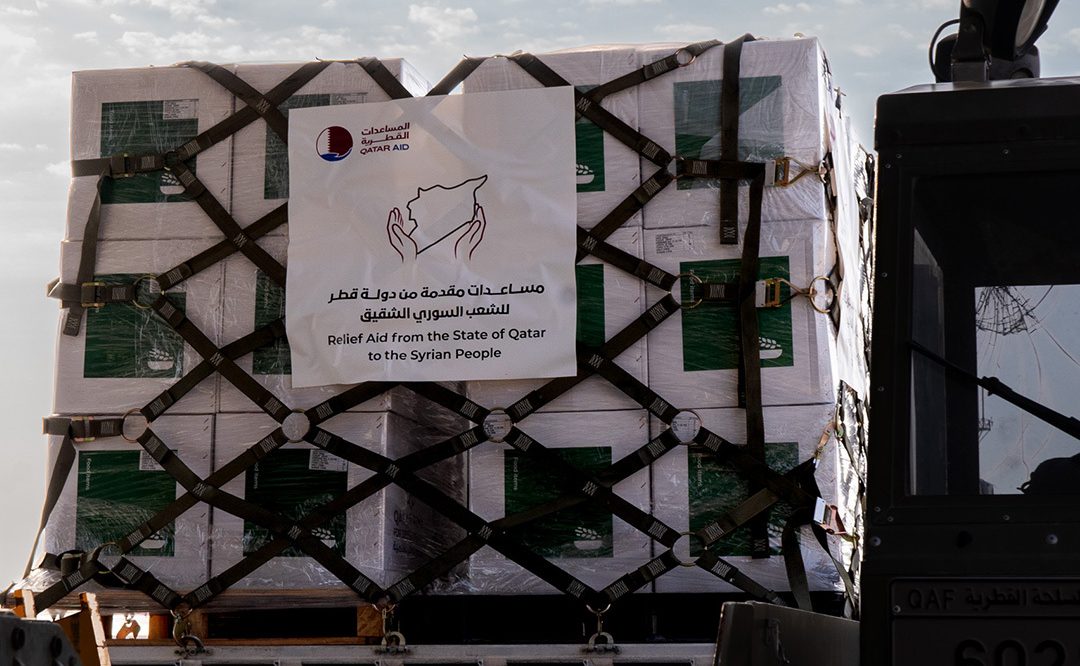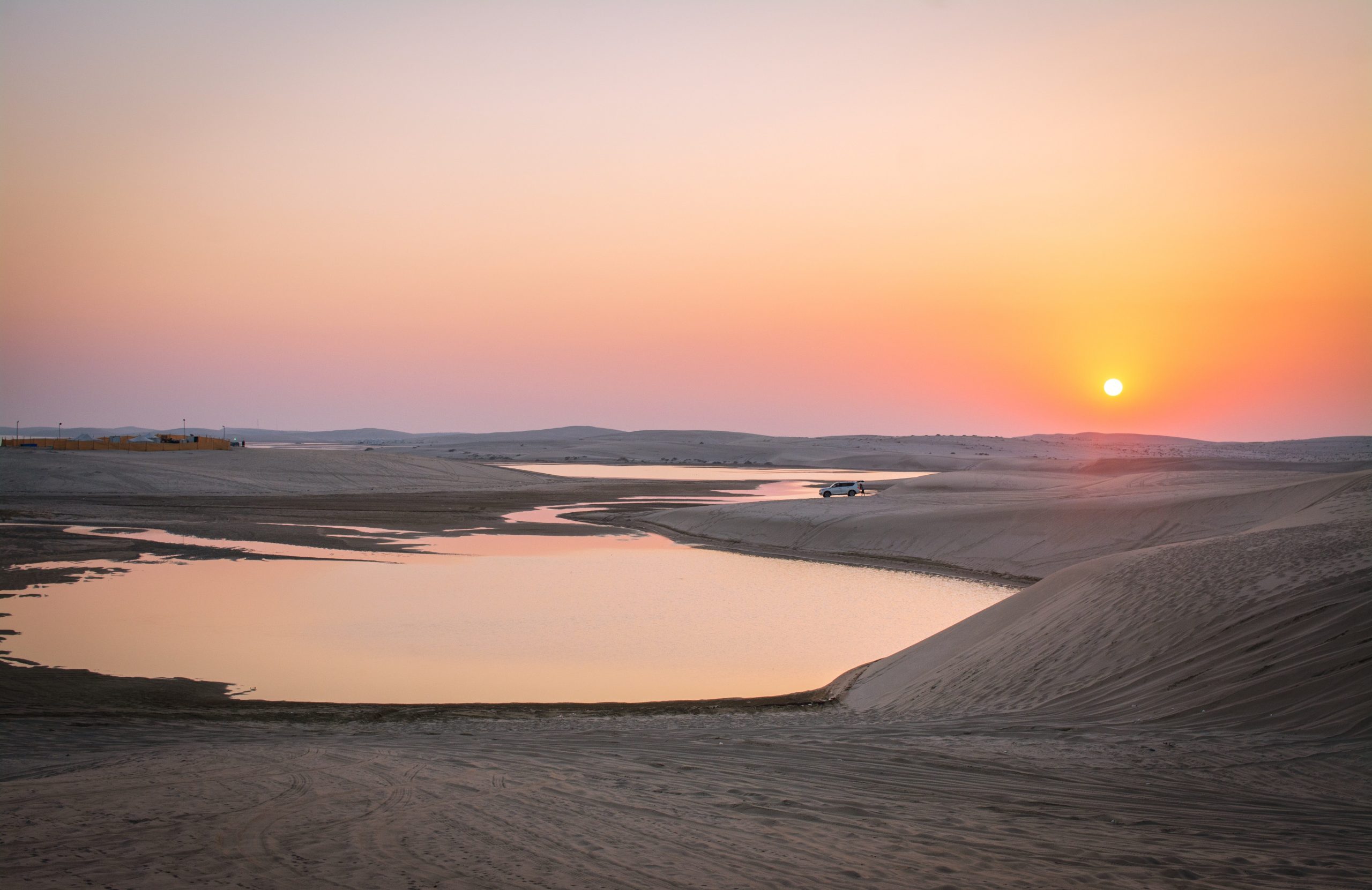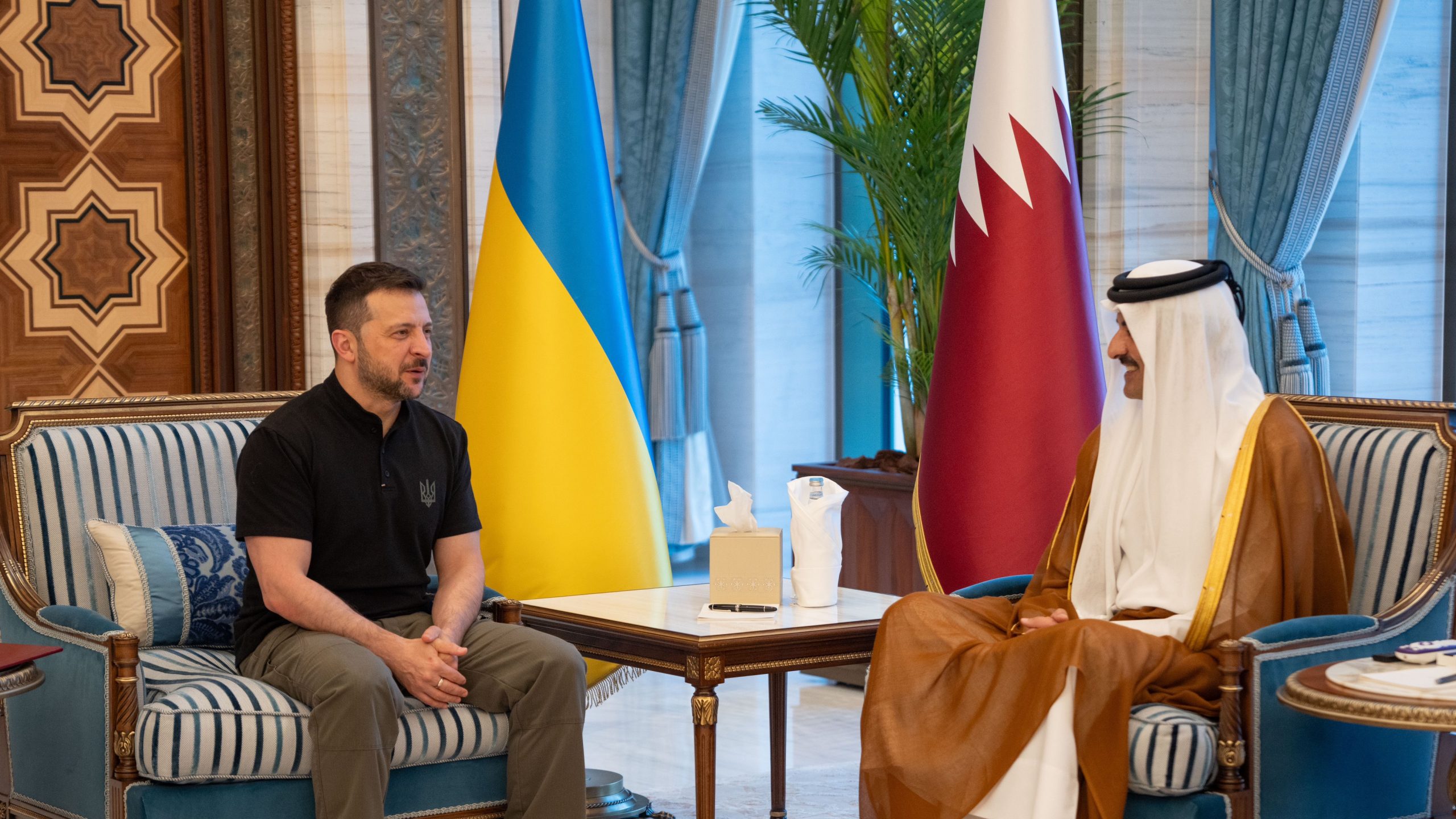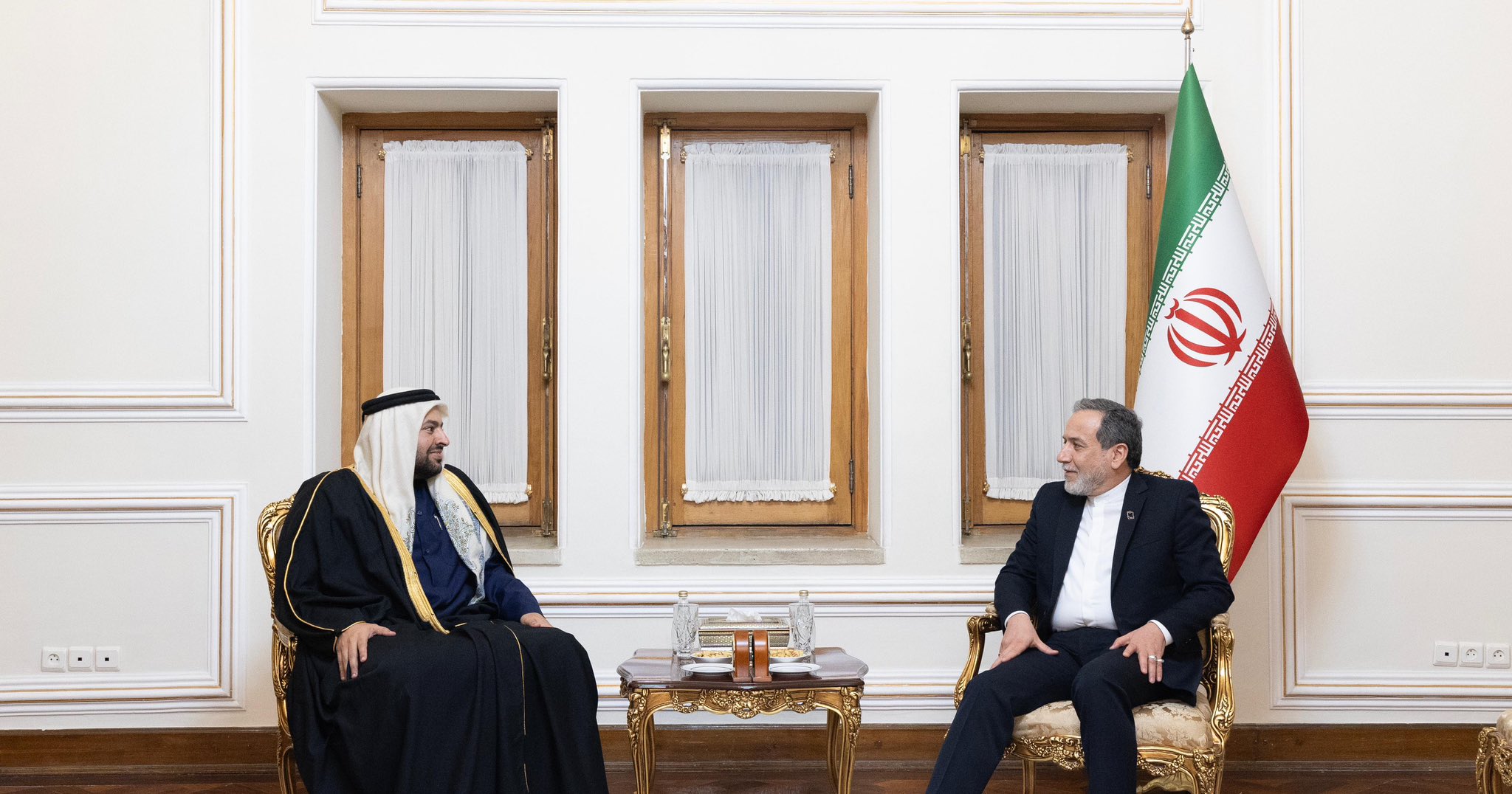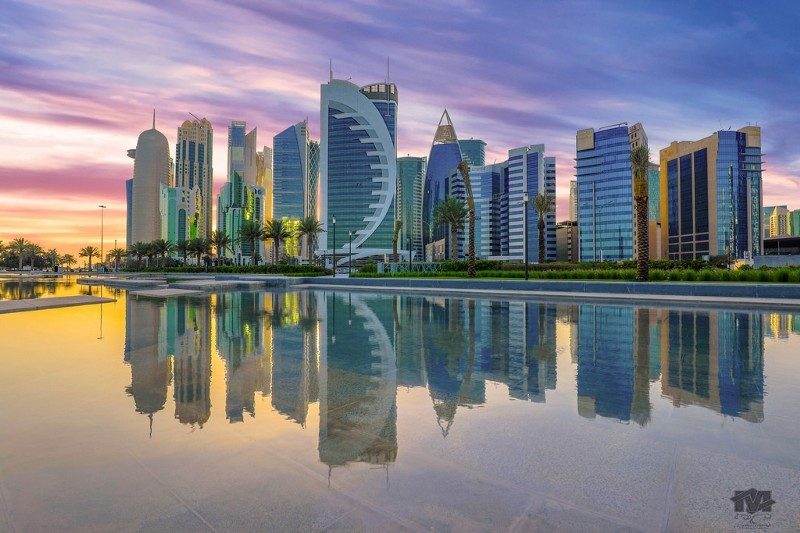
Qatar has held steady as the region’s most peaceful country for the ninth year running, according to the latest edition of the Global Peace Index.
And for the first time in four years, its score improved, instead of falling.
However, the region as a whole got worse, according to index authors, the Institute for Economics and Peace.
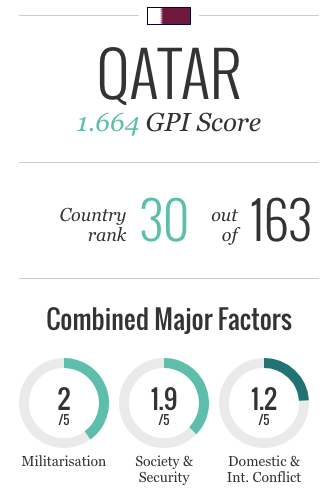
Qatar ranked 30th out of 163 countries, up from 34th last year and among the most improved nations in the report.
It was also the only Arab nation to make the top 50 list.
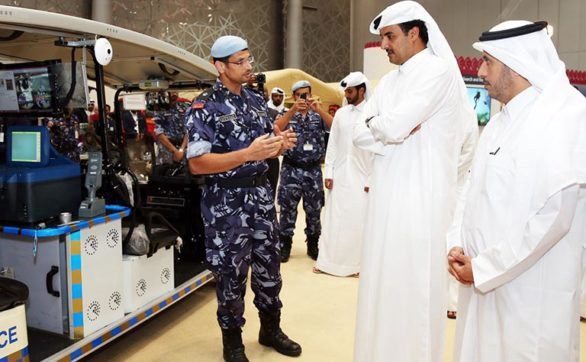
The index assessed countries based on three main factors, using criteria such as perceived criminality in society, homicide rates, jailed populations, access to weapons, violent demonstrations and political instability.
The three factors are:
- The level of safety and security in society;
- The extent of domestic or international conflict; and
- The degree of militarization.
A breakdown of Qatar’s scores across the indicators showed low levels of internal conflict, violent demonstrations and violent crime.
But for at least a second year in a row, it got a 5/5 — the worst score — for weapons importing.
The report did not explain why, but this could be because the government spends billions of dollars on military gear. It also reportedly supports rebel groups in other countries with arms.
Neighborly relations
Perhaps ironically, the report credited Qatar’s improving relationship with its neighbors as one reason for a better score.
It said:
“Tensions between Qatar and some fellow Gulf Arab states — namely Saudi Arabia, the UAE and Bahrain — have eased noticeably, following moves by Qatar to curb some of its visible support in the region for Islamist groups (including the Muslim Brotherhood).”
But this no longer appears to be the case, following the recent hacking of QNA.
Last month, the news agency published insulting remarks credited to the Emir.

Qatari officials debunked the comments as false, but many Gulf countries have taken them at face value.
The incident has stirred up old resentments about Qatar’s loyalties, an issue that dominated 2014 but was eventually put to rest, until now.
Cost of peace
According to the Ministry of Interior, however, it is Qatar’s safety that keeps it at the top of the index.
In a statement, it said the ranking “confirms its superiority” and “reflects Qatar’s global security status, which is consistent with Qatar National Vision 2030 and the Ministry of Interior’s strategy to enhance security at the state level.”
That security doesn’t come cheap.
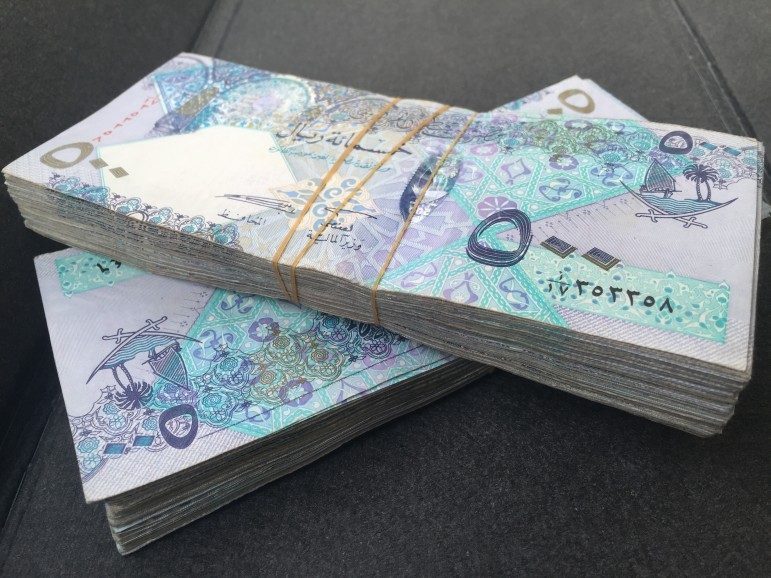
Qatar again doled out billions of dollars to keep the nation safe.
According to the index, it spent $22.6 billion on this goal last year, up from $18 billion the year before.
The figure is based on an “aggregation of costs related to violence, armed conflict and spending on military and internal security services.”
The money comes out to about 7.5% of the nation’s GDP, or some $8,785 per person, up from $8,397 last year.
Rest of the world
Overall, there was a trend toward greater peacefulness in this year’s index, with 93 nations showing improvement.
However, the report said that there is growing “peace inequality” in the world, with a small number of countries showing very large deteriorations in peace.
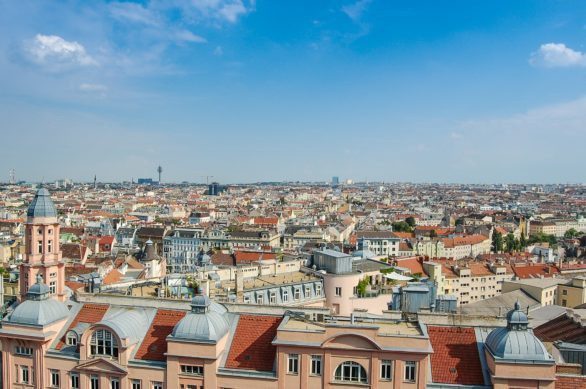
Iceland remains the most peaceful country in the world for the ninth year in a row.
The other top nations included New Zealand, Portugal, Austria and Denmark, just like last year.
The same countries also once again featured in the bottom of the index. They include Syria, Afghanistan, Iraq, South Sudan and Yemen.
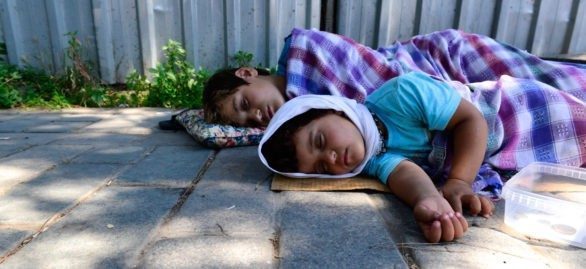
In terms of the Gulf, the second most peaceful country in the region is Kuwait, which ranked 58th, followed by the UAE, which is 65th.
In comparison, Oman is 70th overall, while Bahrain is 131st.
Finally, Saudi Arabia ranked 133rd, down four spots because of “its involvement in the Syrian and Yemen conflicts and increased terrorist activity, mainly conducted by ISIL and its affiliates,” the report said.
Here’s the full report. Thoughts?

